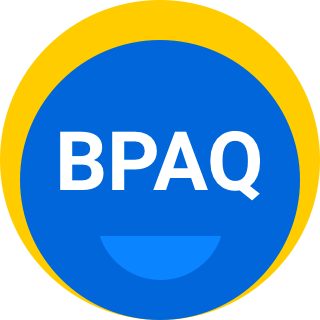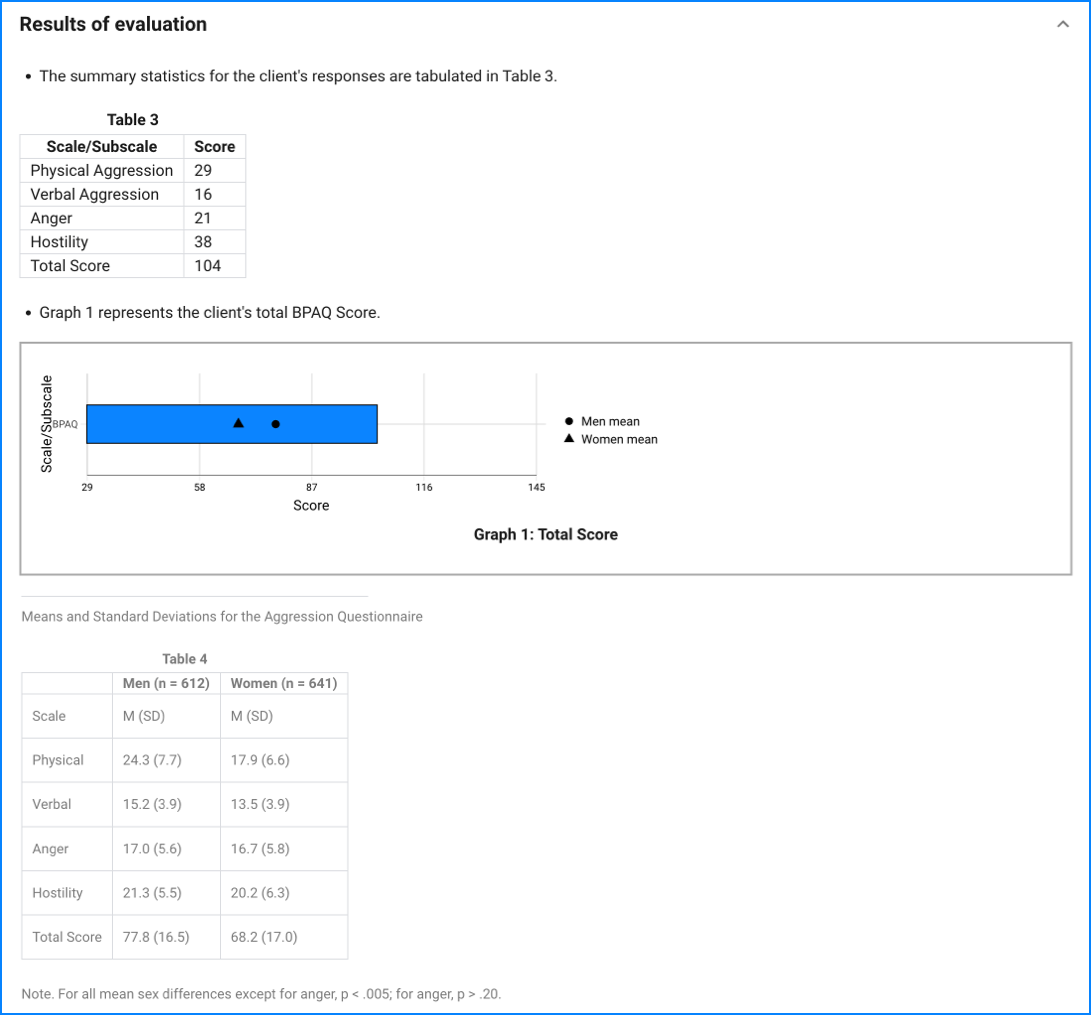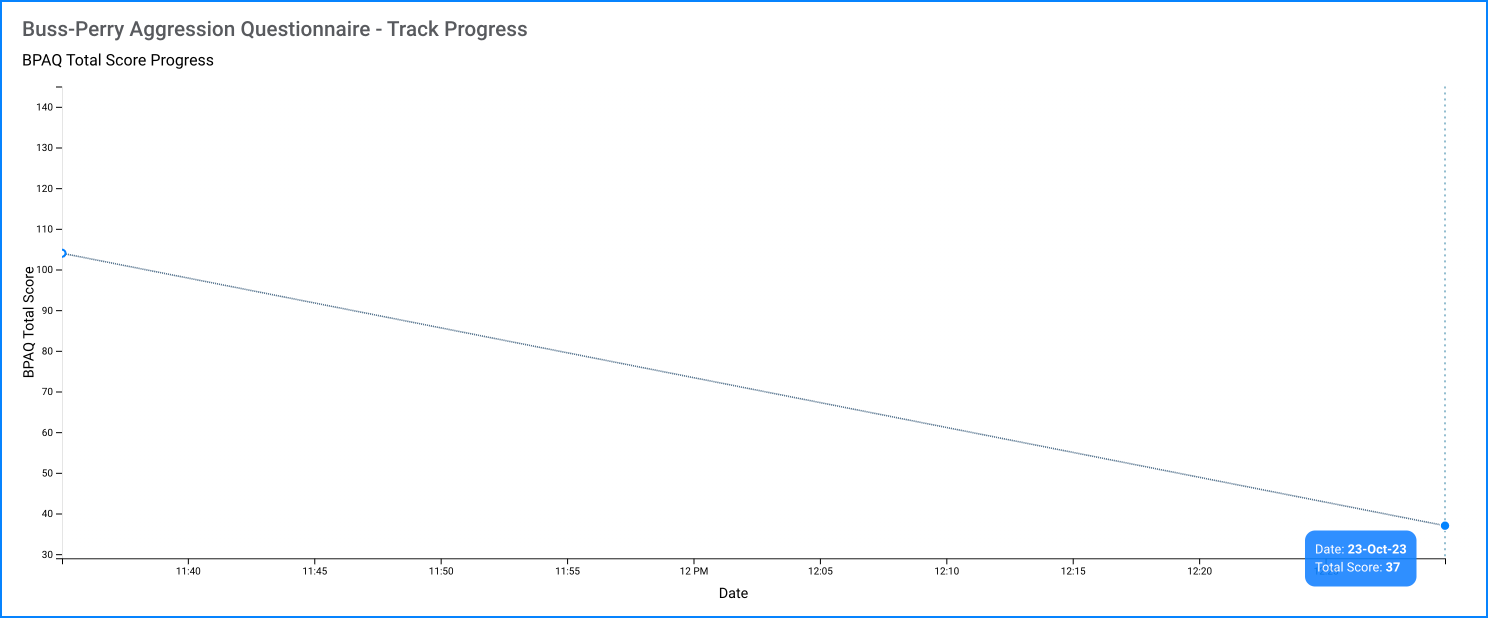Users make up their own mimeographed or printed version by scrambling the items so that items from any one factor do not pile up.
Participants are asked to rate each item on a scale of 1 (extremely uncharacteristic of me) to 5 {extremely characteristic of me).
Remember to reverse the scoring of the two items worded in the direction opposite to aggression. The score for each scale is the sum of the ratings for its items. The total score for aggression is the sum of these scale scores.




